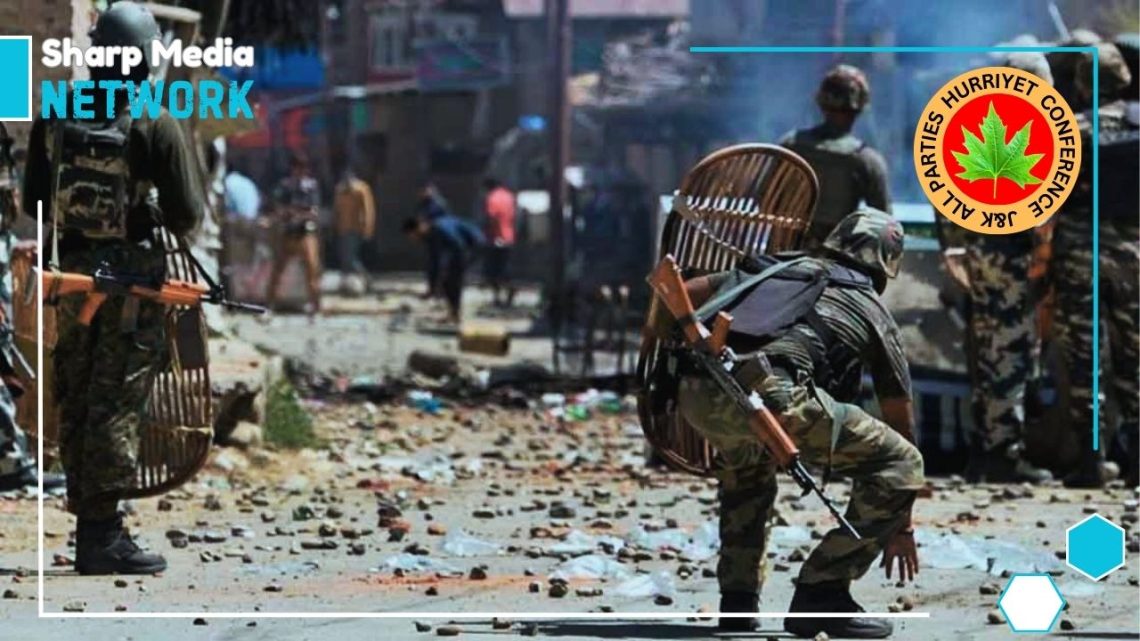
India’s Oppressive Grip on IIOJK: A Wake-Up Call for Global Intervention
December 19, 2024India’s brutal tactics in Indian Illegally Occupied Jammu and Kashmir demand urgent global intervention before the region is lost forever.
Masarat Alam Butt, the illegally detained Chairman of the All Parties Hurriyat Conference (APHC), has slammed India’s Bharatiya Janata Party (BJP) for its brutal tactics in Indian Illegally Occupied Jammu and Kashmir (IIOJK). His message from Tihar Jail exposed the BJP’s Hindutva agenda, which has exacerbated the suffering of Kashmiris under oppressive laws.
Butt accused the BJP government of further tightening its control over the region, using the Hindutva ideology to justify extreme repression. He condemned the recent police raid on the residence of the late Syed Ali Gilani, a revered APHC leader, in Srinagar. The raid involved the desecration of his household items, further intensifying the daily war India wages against Kashmiris.
Butt’s condemnation didn’t stop there. He criticized the economic destruction inflicted by India’s policies, under the leadership of Lieutenant Governor Manoj Sinha. The situation in Kashmir has worsened with draconian measures imposed by New Delhi, worsening the lives of ordinary Kashmiris. Butt’s message calls for an urgent international intervention, demanding the release of detained Hurriyat leaders and the cessation of oppressive measures.
In his statement, Butt appealed to international bodies like the United Nations Security Council (UNSC) and the UN Human Rights Council (UNHRC). He urged these organizations to pressure India to end its crackdowns, halt the raids, and respect Kashmir’s right to self-determination. The Kashmir dispute, he argued, must be resolved according to international law and the will of the Kashmiri people.
On the ground, the situation continues to deteriorate. Advocate Abdul Rashid Minhas, a spokesman for the APHC, condemned the recent killings of five youth in Kulgam district. The youth were murdered in a staged encounter, prompting outrage. Minhas demanded their bodies be returned for proper burial, highlighting the cruelty of these actions.
Furthermore, the militarization of Kashmir is escalating, with mobile bunkers and surveillance equipment appearing on major roads and entry points. These mobile units are intended not only to control movement but to instill fear and silence dissent. High-tech tools like CCTV cameras and call-monitoring devices are being used to monitor the population, ensuring that any form of resistance is swiftly crushed.
India’s actions against Kashmiris are not just a matter of policy—they are a calculated assault on human dignity and freedom. The international community must act before the situation becomes irreparable.

